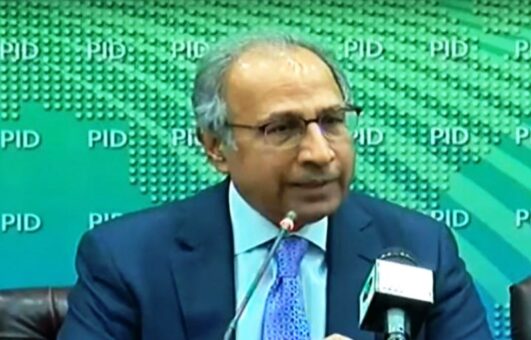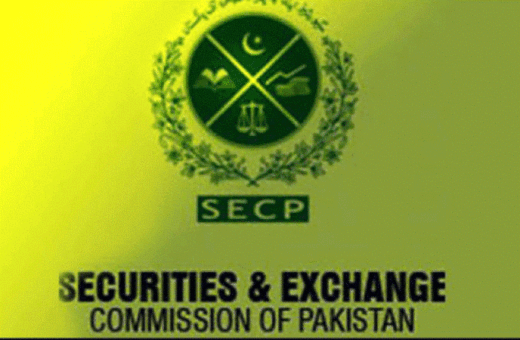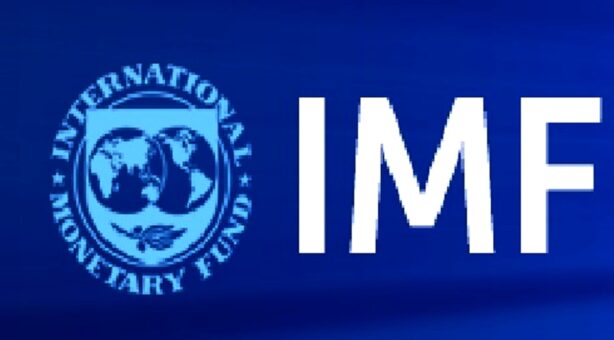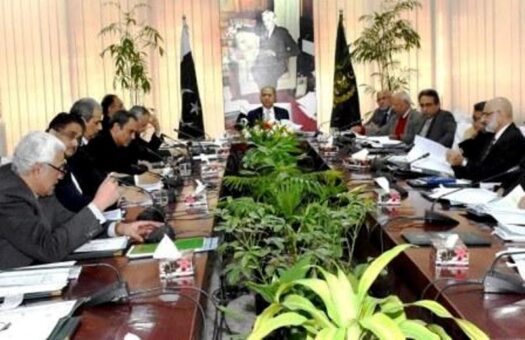ISLAMABAD: The total registered companies with Securities and Exchange Commission of Pakistan (SECP) has reached to 104,030 by end of August 2019, a statement said on Thursday.
The SECP registered 1,187 new companies in August 2019, out of which 94 percent companies were registered online through eService and 52 percent within same day.
The increasing trend in registration of new companies is due to simplified and hassle free procedures of company incorporation, the SECP said.
The SECP has recently undertaken series of reforms for providing ease of business registration. Following reforms, a company can be registered in SECP within four hours through eService.
The SECP has recently combined the process for name reservation and incorporation to introduce a single application form for company incorporation. Moreover, the company incorporation and other regulatory fee has been reduced significantly and facility provided for payment of fee through mobile and internet banking.
“To facilitate and guide people, the SECP has also established facilitation desks at company registration offices of Islamabad, Karachi and Lahore,” the statement said.
The most significant development is the integration of SECP’s eServices with Federal Board of Revenue (FBR), Employees Old-Age Benefits Institution (EOBI) and business registration portals of Punjab and Sindh. Resultantly, SECP eServices is offering a one window facility for company incorporation, NTN registration and registration with EOBI, provincial social security institution, excise and taxation department and labor department of Punjab and Sindh.
The SECP said that the new companies registered in August 2019, include 71 percent private limited companies, 26 percent single member companies and three percent were registered as public unlisted companies, not for profit associations, trade organizations, foreign companies and Limited Liability Partnership (LLP).
Trading sector took the lead with 192 companies followed by, services with 148, construction with 132 and IT with 120.
The SECP said that 595 companies were registered in tourism, real estate development, education, food and beverages, engineering, corporate agricultural farming, marketing and development, chemical, mining and quarrying, textile, pharmaceutical, transport, fuel and energy, and healthcare, auto and allied, and communication, logging, power generation etc.
The SECP said that foreign investment has been reported in 38 new companies. These companies have foreign investors from China, Denmark, Ireland, Italy, Korea South, Mauritius, Norway, Saudi Arabia, Switzerland, the UK and the US.
The highest numbers of companies, i.e. 434 were registered in Islamabad, followed by 316 and 189 companies registered in Lahore and Karachi respectively.
The CRO in Peshawar, Multan, Gilgit Baltistan, Faisalabad, Quetta and Sukkur registered 81, 56, 47, 45, 13 and six companies respectively.
Related Stories
Total number of SECP registered companies increases to 102,864







